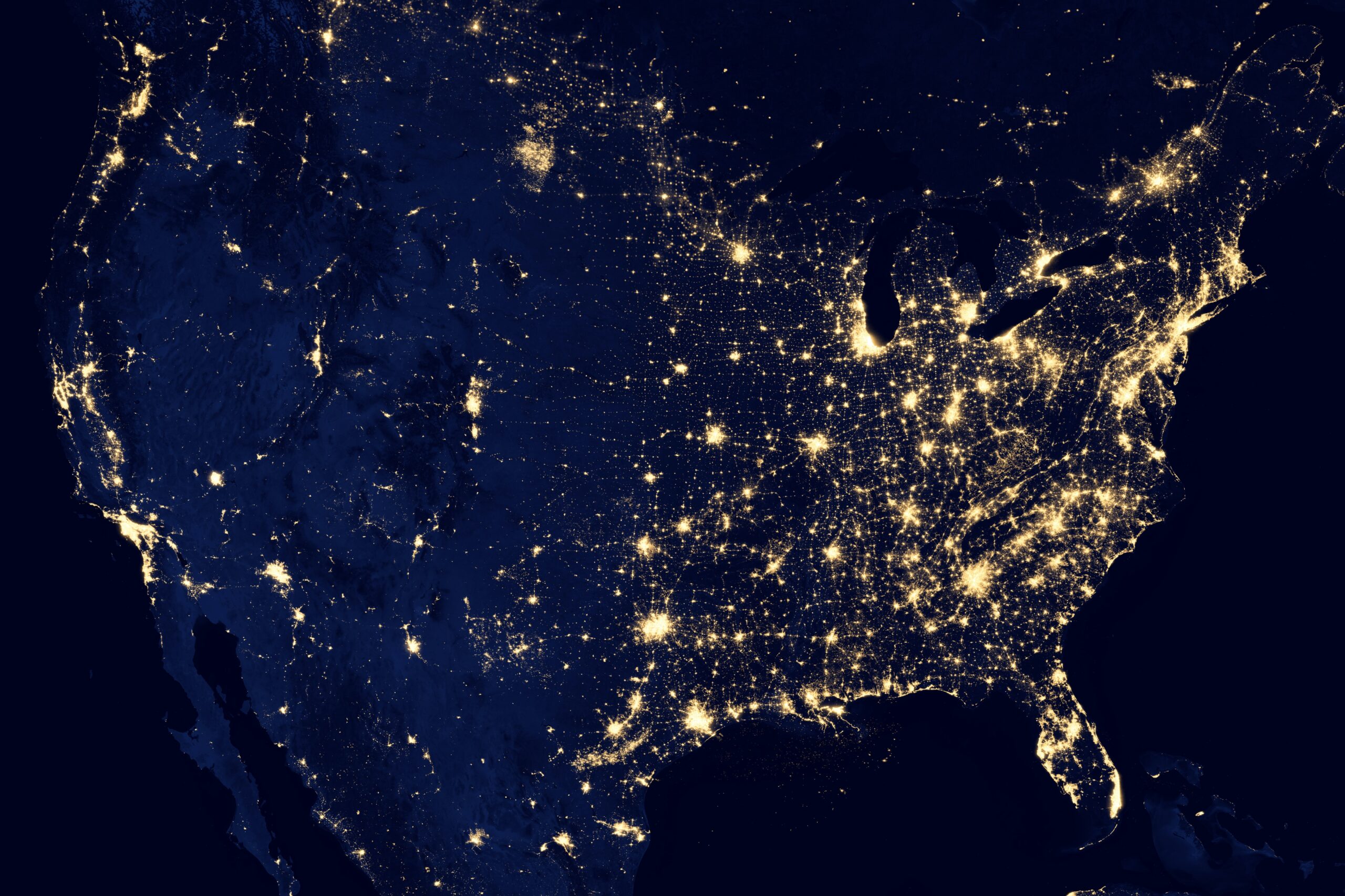JP Morgan Chief Executive Jamie Dimon said the U.S. economy is going to emerge from the pandemic into a boom that is likely to last until at least 2023.
The head of America’s biggest bank made his statement in his annual letter to shareholders on Wednesday the 6th of April. He said that strong consumer savings, a successful vaccine rollout, and the current administration’s plan for a $2.3 trillion infrastructure plan could lead to a period of fast and sustained growth, accompanied by a gradual increase in inflation and interest rates.
This is at odds with the position he took in last year’s letter. Then, he warned shareholders to expect a bad recession, during which he expected the U.S. Gross Domestic Product to fall by up to 35%.
Mr. Dimon, who has recently recovered from a life-threatening heart condition, said that the government’s rapid and deep fiscal and monetary intervention had cushioned the economy and prevented many of the worst outcomes.
In an interview with the Wall Street Journal, he said: “It’s a lot of money, and it’s bound to cause a booming economy. Shame on us if we don’t use that growth to help those who need it most.”
In the letter, he reiterated this position, stating that we should be laying the foundation for long-term economic growth with a prolonged nationwide “Marshall Plan”, comparing the current situation to the U.S. initiative to help rebuild a war-torn Europe at the end of World War II.
Amongst measures he has called for are job training that leads to higher-paid jobs, affordable childcare and streamlined safety-net programs. He admits that such a plan would inevitably lead to higher taxes for the wealthy. In the interview with the Wall Street Journal, he said –
“Taxes are going to have to go up; you can’t run a 10% to 15% deficit forever. If people thought their taxes were going toward helping the poor and disadvantaged, they would much prefer to pay a higher amount.”
He also stated that any rises in the corporate tax rate should be moderate and reasonable, to keep the U.S. competitive in the global marketplace.
A word of caution
Mr. Dimon said that there are a number of potential obstacles that could yet derail the predicted boom. If inflation rises faster than expected, it could force the Federal Reserve to increase short-term interest rates. This would affect business investment and in turn, overall growth. He also said that the government infrastructure plan needs to be accompanied by mechanisms designed to ensure its efficacy.
In his letter, he also detailed the bank’s own plans post-pandemic. Many of the JP Morgan’s 250,000 workforce will return to full-time working from the office, while a smaller number will split their time between office and remote working or working completely remotely.
At the same time, the bank is proceeding with the construction of its new headquarters in New York. He said in the letter that the new construction will accommodate between 12,000 and 14,000 employees.
